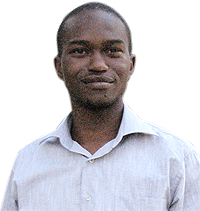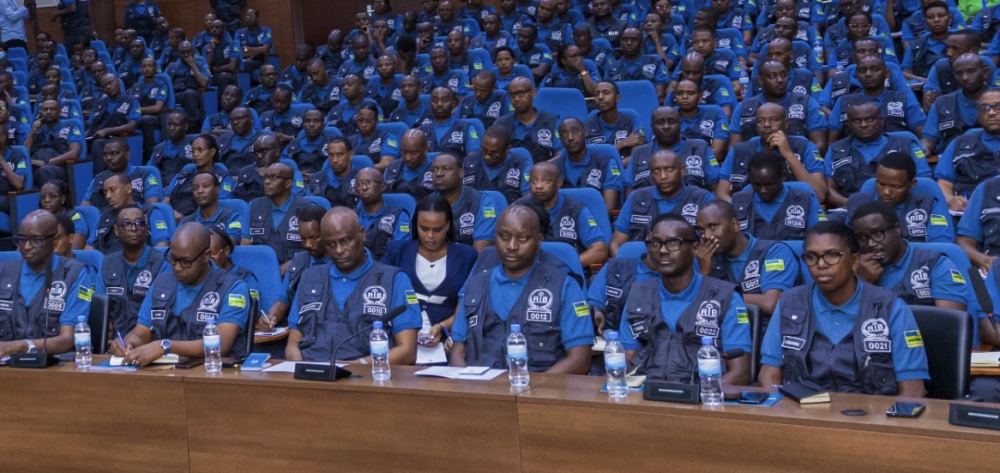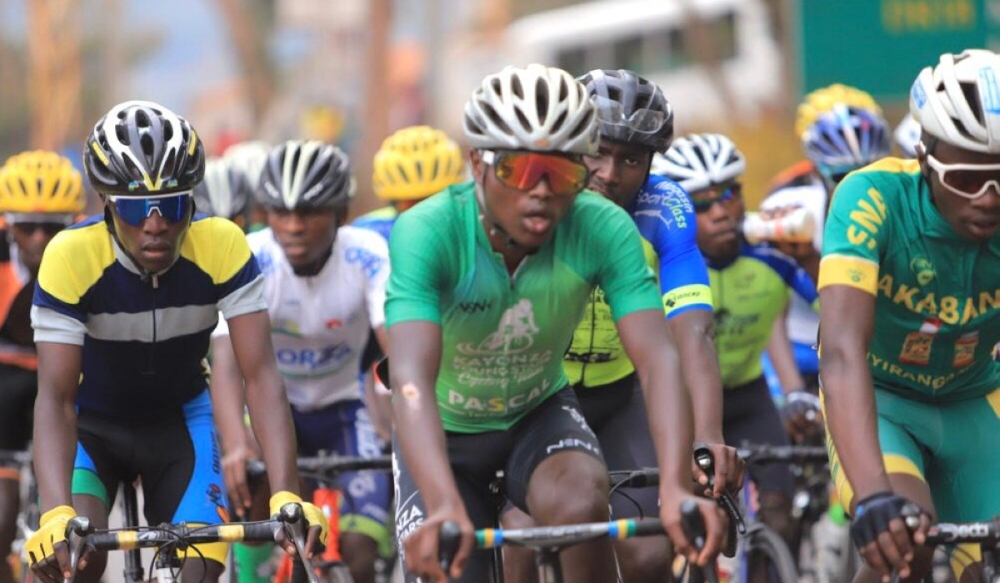THIS WEEK Education Times explores the subject of debates in schools and how the culture of debating is being nurtured by a group of young Rwandans under the IDebate Rwanda organisation.


THIS WEEK Education Times explores the subject of debates in schools and how the culture of debating is being nurtured by a group of young Rwandans under the IDebate Rwanda organisation. These hard working men and women organised the inaugural Kigali Debate League that will see schools competing on a monthly basis for the coveted top prize. There is an interesting story of someone who actually got a full scholarship to a US university thanks to his debating skills. Debates are very powerful tools when it comes to boosting the confidence, urge to learn and general knowledge acquisition levels of our students. If we are hoping to have a society that produces orators as captivating as Barack Obama then debates are the way to go. It is high time that schools all across the country embraced debates. Every school should have a debating club that holds regular debates for students to sharpen their public speaking skills. Also in our pullout we have something for the teachers that are involved in teaching English in Rwanda. As you all know English as a language of instruction in schools is still a new development and a lot of work is still needed to iron out all the areas of insufficiency. This is why Education Times has now partnered with British Council to offer valuable strategies to English Language teachers in Rwanda on how best to execute their lessons. Teachers are encouraged to make use of these valuable materials. It is also that time of the year that the Ministry of Education releases results for the A level national examinations that were sat in 2012. Out of the 32,223 candidates who sat for the general education, 28,636 or 88.2 passed, representing a 1 percent increase compared to the previous year. 3850 students failed to make the mark representing 11 per cent. A detailed analysis of these results will appear in the next issue of Education Times.We welcome all suggestion and feedback sent through the editor at this email. education@newtimes.co.rw






